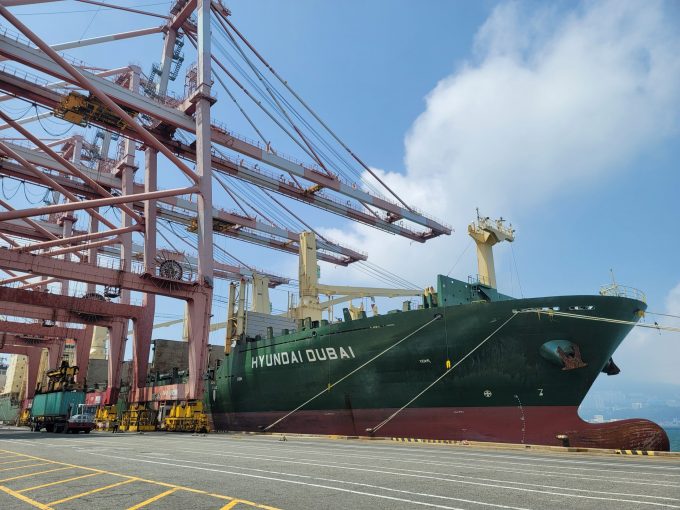Opposition builds for final hearing on US plan to tax Chinese box ship calls
US importers and shippers await the outcome of the final hearing on the new administration’s ...

Speculation about a possible union of South Korea’s two ocean-going liner operators has grown after SM Merchant Marine (also known as SM Line) extended its stake in HMM, and could increase its share further this year.
On 29 December, SM Line, which the Samra Midas (SM) group formed in 2016 after acquiring the remaining operations of bankrupt Hanjin Shipping, acquired an additional 613,438 shares in HMM for $14m, bringing its holding to over 2.41m shares, or 0.49%.
Another SM company, bulk carrier ...
Asia-USEC shippers to lose 42% capacity in a surge of blanked sailings
USTR fees will lead to 'complete destabilisation' of container shipping alliances
New USTR port fees threaten shipping and global supply chains, says Cosco
Outlook for container shipping 'more uncertain now than at the onset of Covid'
Transpac container service closures mount
DHL Express suspends non-de minimis B2C parcels to US consumers
Zim ordered to pay Samsung $3.7m for 'wrongful' D&D charges
Uncertainty over US tariffs sparks interest in bonded warehouses for imports

Comment on this article